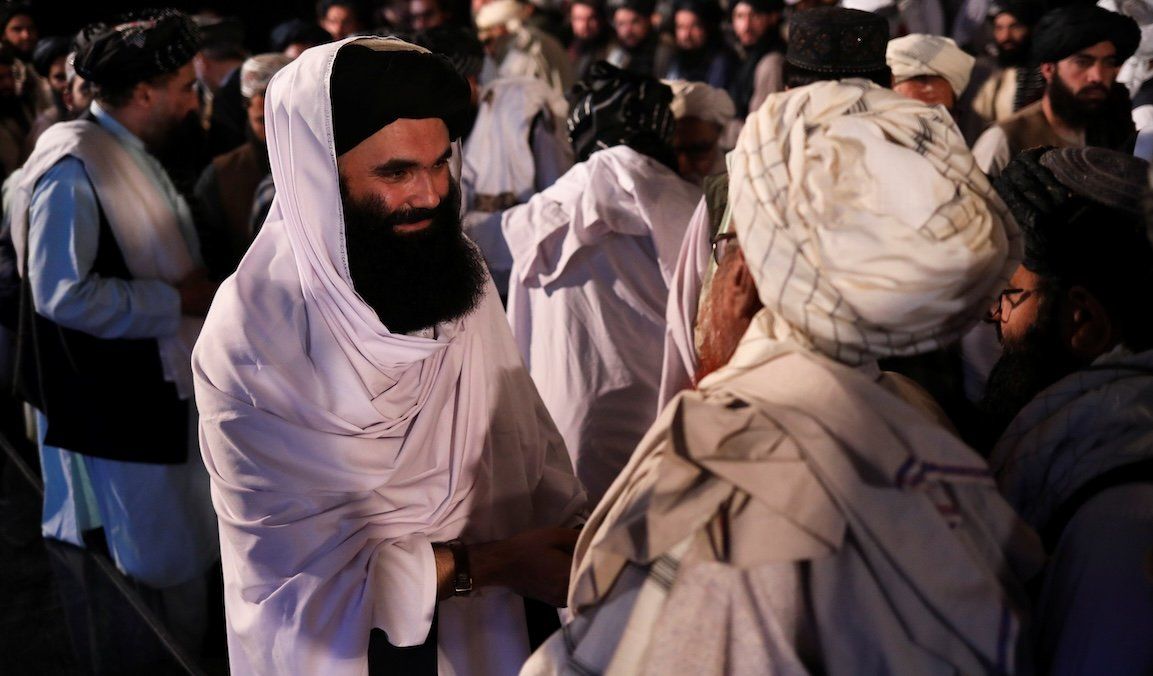The Trump administration has dropped multimillion-dollar bounties on senior Afghan officials from the Haqqani network, a militant faction that carried out some of the deadliest attacks on American troops but has now positioned itself as a moderate wing within the Taliban government.
The “largely symbolic” move this week came days after the US sent its first major diplomatic mission to Kabul since the Taliban took power in 2021, securing the release of an American citizen detained for the past two years.
While the bounties have been lifted, the men, including Interior Minister Sirajuddin Haqqani, remain on the US list of “specially designated global terrorists.”
Thawing relations: While few countries formally recognize the Taliban’s government, a handful – including India, Turkey, and Tajikistan – have established limited ties with Kabul.
China was the first country to formally welcome a Taliban diplomat as the official Afghanistan ambassador last year. In the highest-profile state visit yet, Uzbekistan last summer sent its prime minister to Kabul. Last month, Japan received a delegation from the Taliban for the first time.
Mineral riches: Washington estimates that Afghanistan sits atop at least $1 trillion in mineral wealth, including copper, cobalt, and lithium, in addition to gems such as emeralds, rubies, and sapphires. Last year, Beijing stepped up efforts to help the Taliban tap what could be the world’s second biggest deposit of copper. Washington may now want to keep China from seizing a monopoly like the one it has over minerals in places such as the Democratic Republic of the Congo.
